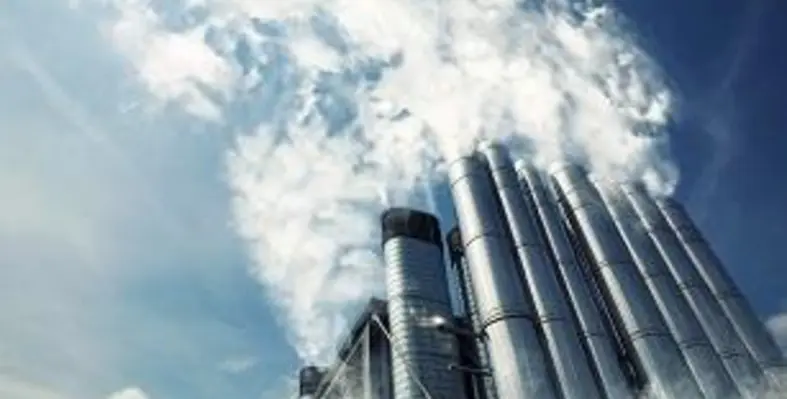At the Enlit Africa Digital Event, hosted virtually between 26-28 October, Claire Volkwyn, head of content, Enlit Africa, held a session to discuss how businesses can make an enormous stride towards reducing their carbon footprint by upcycling heat to clean electricity
Volkwyn was joined by Azel Weihe, managing director at Weihe Gmbh, who explained that in visits to various countries in Africa such as Namibia and South Africa, he realised that there was a real lack of sustainable power often due to unreliable grid power supply. This problem, shared by most nations across the continent, can cause regular power cuts which can have a huge impact on all industries especially in areas like mines, food processing and those which require 24/7 operations. A power cut can cause real issues in terms of performance and production efficiency for all parties.
Weihe said, “Further, what we see as well is a major increase in energy costs in South Africa with an average raise year-by-year of 10-15%. It is expected to be more this year as well.”
However, within this challenge there is also opportunity. Weihe noted that government regulations have tended to loosen up somewhat recently and in South Africa you are now allowed up to 100MW of production from private entities. This is a big chance for industries to produce their own power.
Additionally, in the future there will be higher penalties for carbon emissions in order to encourage renewable use. It is therefore essential for businesses to lean into this and adopt energy practices to reduce their carbon output.
Herman Röhm, head of power applications global at Orcan, continued by noting that, from a global perspective, there is so much unused heat from a number of applications which can be used to generate electricity.
For instance, power stations based on engines, gas turbines, refineries, many processes in the steel industry, etc a typical for producing a lot of heat. In Africa, especially in the East, there are lots of geothermal projects, again wasting a lot of heat.
To make use of this wasted resource, Röhm introduced his company’s ORC solutions developed to take waste heat from various processes and applications and turn it into clean electricity. Any heat above 80⁰C (be it steam, hot water, exhaust gas, jacket cooling water, thermal oil, etc), can be used in the system.
The ORC is a closed cycle and can save energy, costs, reduce carbon footprint and improve energe efficiency for all subsystems and processes. Their product portfolio ranges from 1KW to 200KW electrical and can be easily transported in containers.
At a plant in Germany, ORC units were installed to make use of hot air out of cement production. It had a net power production of 8,000MWh per year, saving 4,000 tonnes of carbon dioxide per year.
Röhm added that you can either install the units in new plants or existing plants and can add or take away units as required. He said, “In Africa, we are sure this could play an important role in the future.”
Weihe Gmbh became engineering parters with Orcan about five years ago and since then the design of the solution has become more effecient and fit for purpose even in remote locations. The solution is proven and reliable and more than 500 machines have been installed worldwide.












